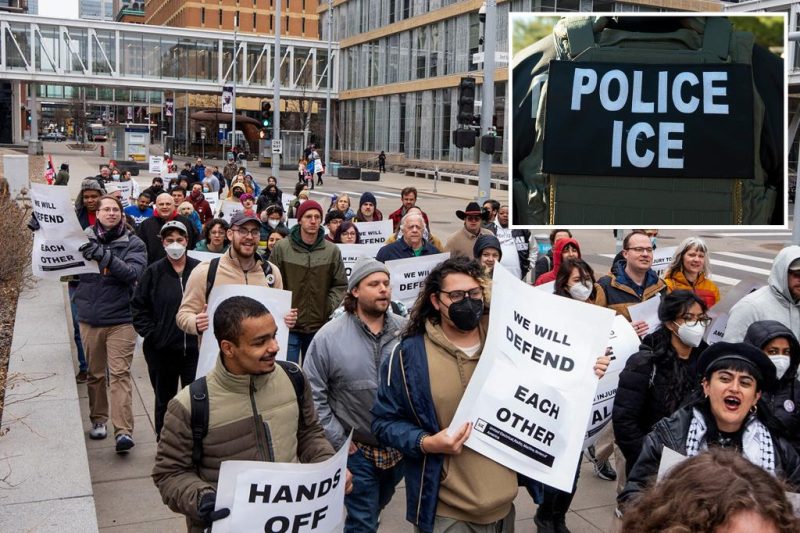
A recent incident involving a graduate student at the University of Minnesota highlights the complexities of immigration laws and their impact on international students. The student, whose identity remains undisclosed to protect their privacy, had their student visa revoked by the Department of Homeland Security (DHS). Initial reports suggested a potential link to political protests, a narrative swiftly debunked by official statements.
The DHS clarified that the visa revocation stemmed solely from the student’s prior criminal history, specifically a Driving Under the Influence (DUI) conviction. This underscores the stringent standards applied to international students, even for seemingly minor offenses. A DUI, while often considered a misdemeanor in many states, can have significant consequences for those on student visas.
This case raises several important questions regarding the balance between maintaining public safety and ensuring fair treatment for international students. While the DHS maintains its commitment to upholding the law, many are questioning the proportionality of the punishment in this specific instance. The revocation of a student visa can have devastating consequences, potentially ending educational pursuits and disrupting personal lives.
The University of Minnesota has yet to release an official statement on the matter, though it’s likely they are working to assist the affected student. This situation serves as a cautionary tale for international students, emphasizing the importance of strictly adhering to US laws and regulations, even those seemingly unrelated to academic standing. The incident also underscores the need for clearer guidelines and a more nuanced approach to assessing the impact of past offenses on visa status.
The case highlights the potential for unintended consequences within the US immigration system and the need for greater transparency and understanding of the processes involved in visa revocation. It remains to be seen if the student will appeal the decision or pursue other legal avenues to regain their visa and continue their education. The ongoing debate surrounding this incident will undoubtedly influence future policies and procedures related to international student visas.









